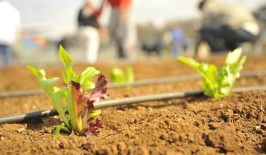The Northeast region of India never seems to be far from the headlines. Racked by militant revolts and insurgencies ever since India declared independence from Britain in 1947, the seven-state region has, of late, been in the news due to severe flooding –while the rest of the country endured a tough drought—and violent uprisings in the state of Assam.
The root of the troubles is manifold, stemming in part from a belief that this part of India receives less federal attention because of its location, with extreme militants calling for complete independence from India. Recently the negativity has adopted racial and religious undertones as people lash out at Muslim Bangladeshi settlers.
For the last three years, one group of women has been working from the ground up to bring about peace in the region. The Northeast India Women Initiative for Peace is a conclave of human rights lawyers, peace activists and academics that calls upon the women of Northeast India to, as they put it, “get from their villages to the negotiating table.” Consisting of women who are from the Northeast region of India, the collective makes up for the current shortfall of knowledge that earmark many organizations wishing to promote peace in the region—that is, they know the area, the issues and the resultant violence like the backs of their hands. With the aim of stimulating dialogue about bringing peace to the region, the conclave holds annual conferences to help define a framework for peaceful action and dispute settlement.
Women in particular have a key voice in this issue. Though not necessarily always directly involved in the uprisings, the women of Northeast India face a perpetual battle against violence, rape, kidnapping and subsequent trafficking as well as the threat of being widowed. Among the conclave’s primary aims are bringng an end to armed violence and establishing democratic policies and values among each state, drawing on the expertise of members who work with organizations such as Manipur Women Gun Survivors Network, Control Arms Foundation of India, Ministry of Development of Northeast India Region, Manipur Student Association and the Gandhi Peace Foundation to successfully define a peaceful way forward.
Check out their website and join in the dialogue.








